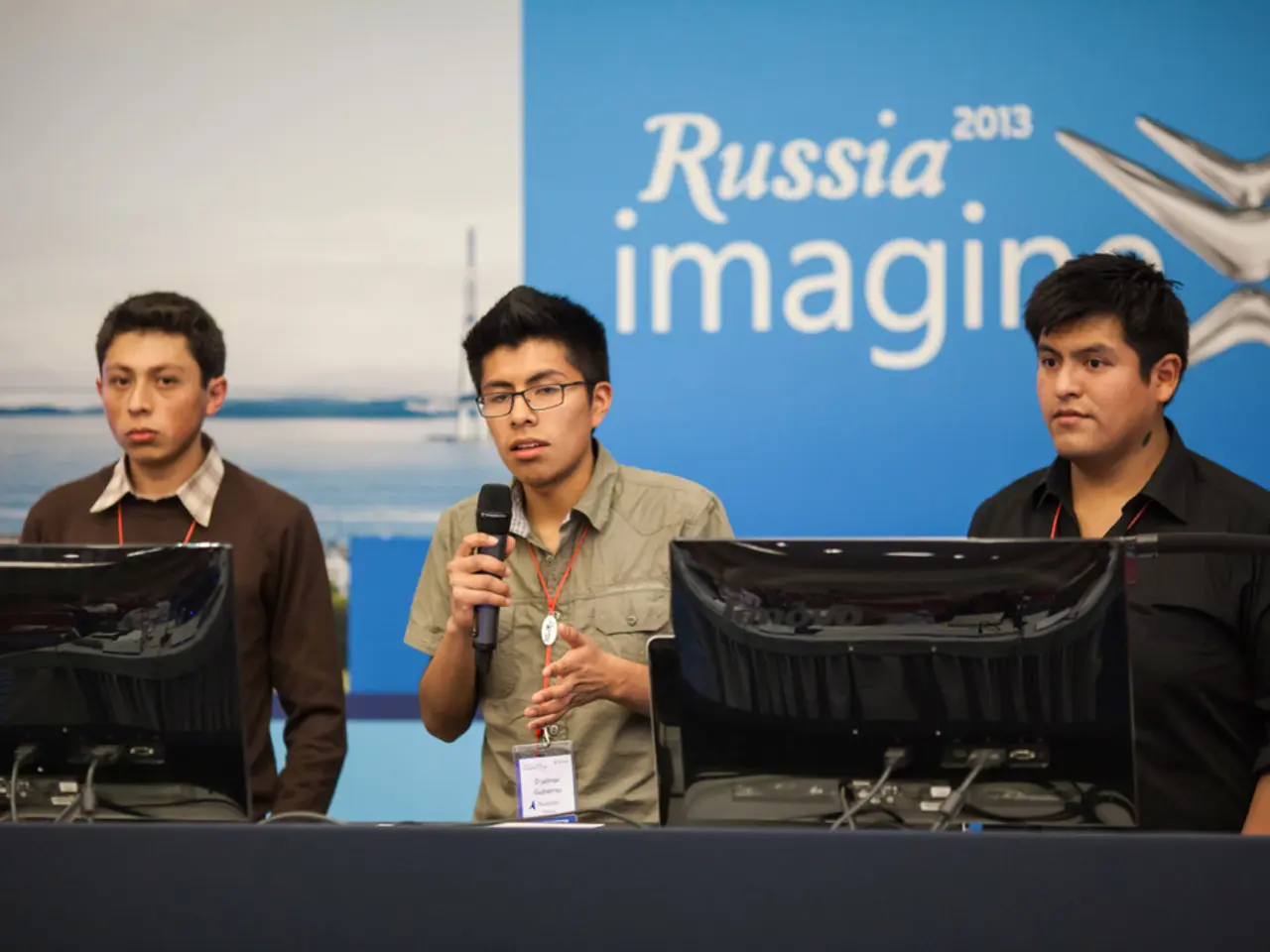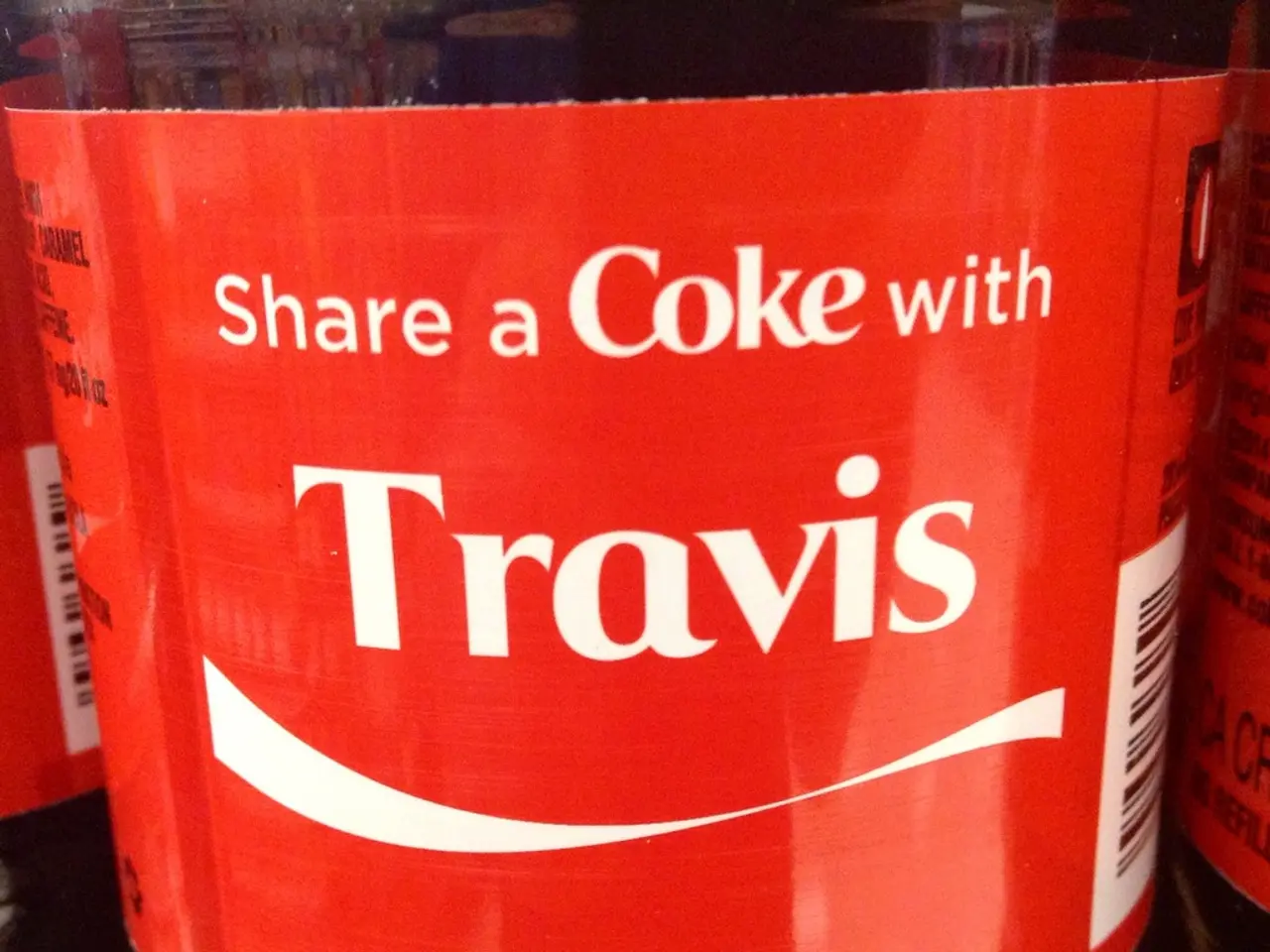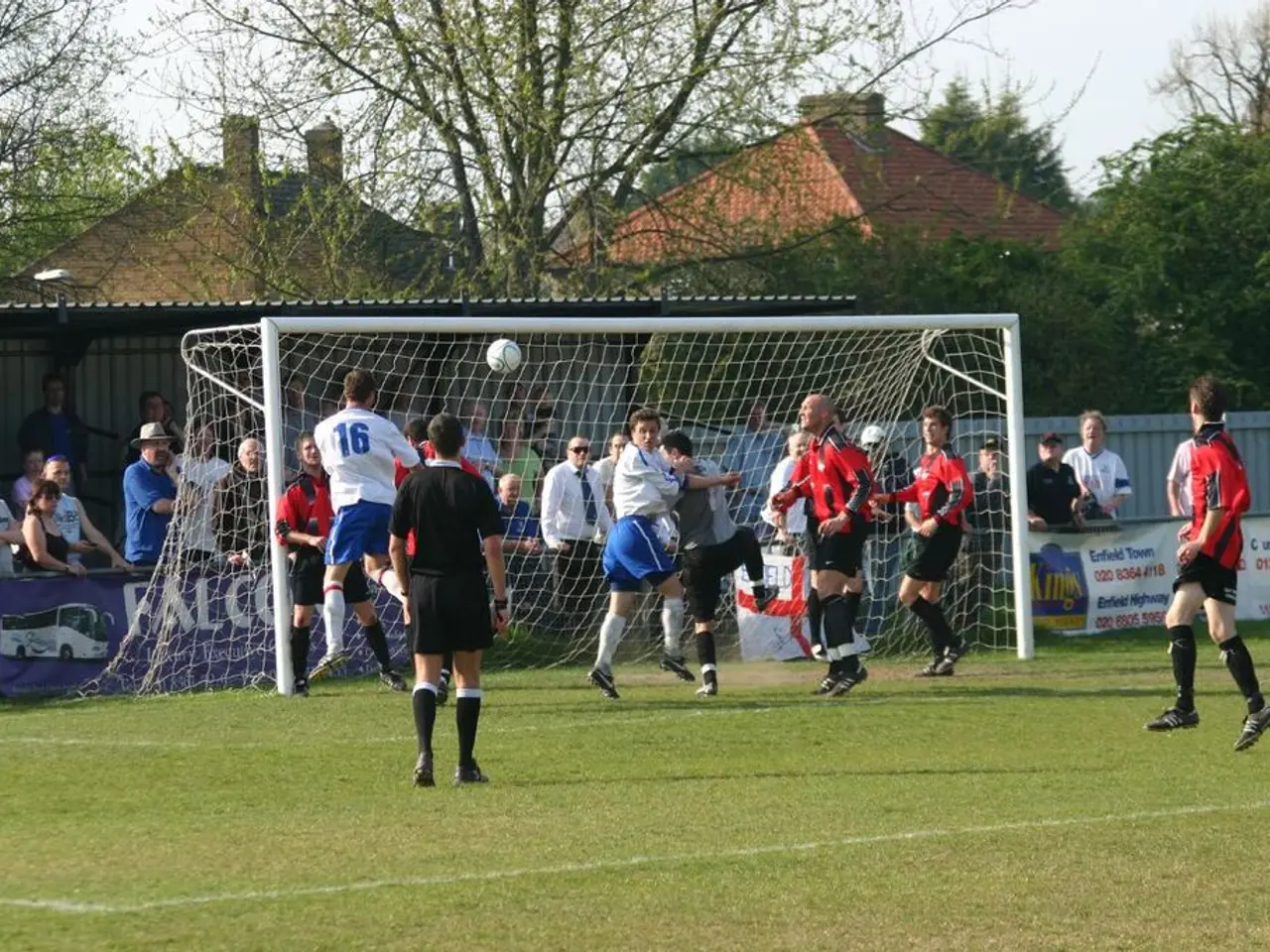NATO's trust among Latvians appears to be less than solid, according to a recent survey.
In a recent Norstat study conducted from February 26 to March 7, 1,000 people across Latvia were surveyed on their views regarding the country's security and NATO's role in protecting Latvia. The full results of the study, available in PDF format (Latvian language only), reveal a mixed picture of public opinion.
The survey found that 60% of respondents expressed fear of potential hostilities, with someone attacking Latvia being a concern for many. However, the study also revealed a divide in confidence in NATO's defense guarantees, particularly among Russian-speaking households.
While 57% of households where Latvian is the main language spoken have some degree of confidence in NATO allies' willingness to defend Latvia, only 22% of Russian-speaking households share this sentiment. This divide reflects broader societal differences within Latvia, with ethnic Latvian households generally exhibiting higher trust in NATO and support for its collective defense guarantees.
The survey asked about the belief that NATO allies would send troops to defend Latvia in the event of an invasion. However, the study does not directly address Latvian public opinion towards NATO's commitment to defend Latvia, nor does it provide a comparison with Russian-speaking households on this issue.
The remaining 16% of respondents were unable or unwilling to give an answer either way. In a previous survey conducted from October to December last year, 36% of respondents agreed they feel safe because Latvia is protected by its membership in the NATO alliance. Conversely, 16% of respondents are convinced allies would not fight for Latvia.
The study also found that 11% of respondents consider a Russian attack on one of the Baltic states inevitable in the coming years, while only 10% of respondents firmly believe NATO allies would send troops to fight. Among Russian-speaking households, more than half (55%) are partially or completely convinced allies would not fight for Latvia. A further 25% tend to think allies would not fight, totaling 41% who doubt NATO's real commitment.
As the geopolitical context of the Baltic region continues to evolve, it is crucial to stay informed about public opinion within Latvia. For detailed, up-to-date survey data on this topic, it is recommended to check reports from Latvian polling agencies or international organizations studying Baltic security perceptions.
- The divide in confidence in NATO's defense guarantees, as seen in the Norstat study, is particularly pronounced among Russian-speaking households in Latvia.
- The media could provide more insight into the Latvian public's opinion towards NATO's commitment to defend Latvia, an issue not directly addressed in the survey.
- The study shows that among Russian-speaking households, more than half are partly or completely convinced that NATO allies would not fight for Latvia in the event of an attack.
- General news and political discussions would benefit from the detailed survey data on Latvian public opinion regarding the country's security and NATO's role in protecting Latvia, as provided by Latvian polling agencies and international organizations.







